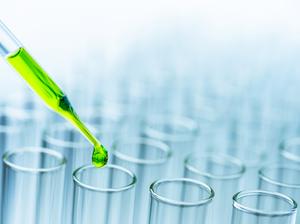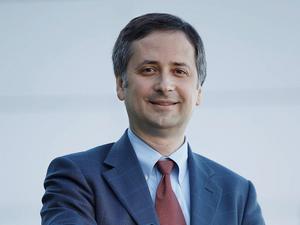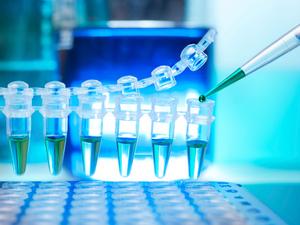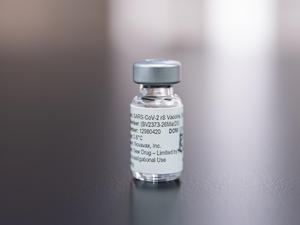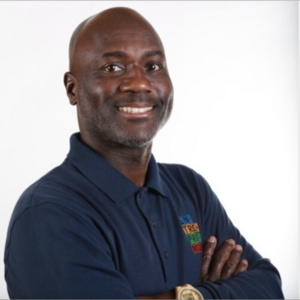
Baltimore biotechnology startup Delfi Diagnostics has raised $225 million as it embarks on a 15,000-person trial for its early cancer detection technology.
The oversubscribed Series B round was the second mega-deal of the year in Greater Baltimore. DFJ Growth led the round, with participation from local Baltimore institutions such as T. Rowe Price Associates, Brown Advisory, PTX Capital and Rock Springs CapitalNational institutions such as Eli Lilly and Co., Point 72, Menlo Ventures and others also participated. The company previously raised $100 million in a Series A round in January 2021, and all of Delfi's previous investors also joined in the Series B round. Delfi began the fundraise in early 2022 and closed in July.
The company plans to use the funding to help support a 15,000-person trial focused on the early detection of lung cancer and other cancers. Delfi hopes to use the funding to develop a version of its blood test with the ability to detect multiple forms of cancer and commercialize its product across the world.
“We want to make this something that is ultimately accessible globally,” CEO Victor Velculescu said. “In Asia, Europe, South America, Africa there are a lot of smokers, a lot of folks getting lung cancer, and they don't have access to this kind of care.”
Velculescu plans to hire more staff at Delfi’s Canton office space, its Palo Alto, California office and other parts of the country. The company currently has 150 employees, up from around 15 in 2021. Velculescu, a Johns Hopkins University professor, said continued growth in Maryland is essential to take advantage of the strong biotech industry in Baltimore.
Delfi’s testworks by identifying free-floating DNA from dead cancer cells in the blood. The test, using machine learning, is able to identify the cancer DNA and determine what part of the body the cancer cells came from. The company is hoping to get U.S. Food and Drug Administration approval, but is also considering going to market as a laboratory-developed test. A laboratory-developed test is a test designed, manufactured and used in a single laboratory, which is regulated differently than other diagnostics.
Velculescu hopes his device will facilitate more early screening and detection of cancer. Around 6% of the eligible population in Maryland receives regular screenings for lung cancer, Velculescu said. In the United States, lung cancer is the second most common type of cancer, with over 230,000 Americans set to be diagnosed with the disease this year, according to the American Cancer Society.
The standard screening for lung cancer, a low-dose CT scan, can often be expensive. Delfi's test would be administered at an annual physical for people like regular smokers who are at high risk for lung cancers. Diagnosis would done through a tiered approach, with the blood test being backed up by an imaging test.
Velculescu said Delfi's test will be more accessible and cheaper because it has fewer steps than other blood tests on the market.
"The combination of a blood test and the imaging test will end up being much more useful for identifying the cancer," he said.
Velculescu also founded Personal Genome Diagnostics, a company acquired in 2021 in a deal that could pay up to $575 million. Other Hopkins-affiliated diagnostic companies have raised significant amounts of capital in recent years, with Thrive Earlier Detection Corp. being acquired for $2 billion.

